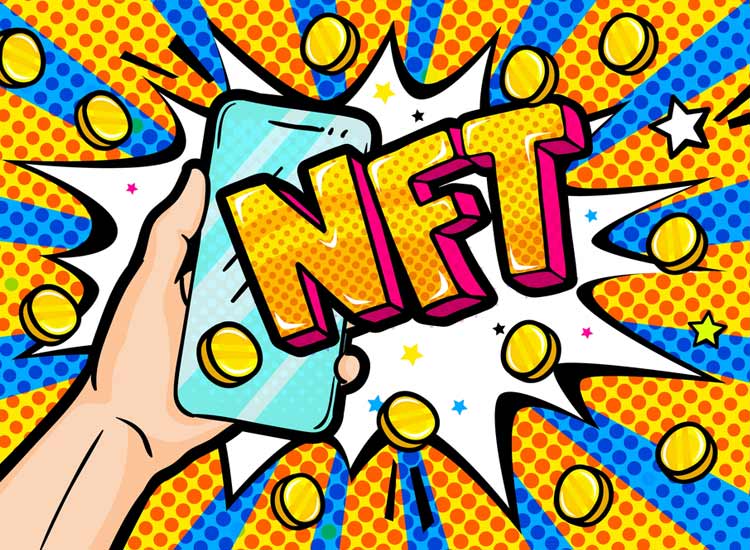NFT marketplace shuts down operation for sales fraud
Tue 15 Feb 2022
The NFT marketplace Cent, famously known for selling a non-fungible token (NFT) of co-founder and former Twitter CEO Jack Dorsey’s first tweet, has halted nearly all sales due to violation of their rules and regulations.
CEO Cameron Hejazi admitted, “there’s a spectrum of activity that is happening that basically shouldn’t be happening — like, legally.”
Hejazi further explained that it had come to his attention that “bad actors” had been using Cent to “mint” counterfeit NFTs, which generally involved selling copies of NFTs that didn’t belong to them or creating NFTs of content they didn’t own.
According to Cent, an “industry-wide standard for counteracting bad behaviour” was the reason behind blocking most NFT sales until the marketplace brings out “a strategy to overcome the challenges we’re facing.”
Shockingly, Cent is not the only NFT platform that fell victim to digital fraud. OpenSea, another well-used NFT marketplace, suspended the use of its free minting function last month after admitting on twitter that more than 80% of the tokens created by their tools were “plagiarised works, fake collections, and spam.”
NFTs for the uninitiated
NFTs (or non-fungible tokens) are one-of-a-kind digital tokens that ideally prove asset ownership and cannot be legally copied. NFTs use blockchain technology that serves as a digital record of all NFT transactions on a vast network of computers (which mean a lot of energy is consumed in listing and selling them).
NFTs usually denote actual assets such as real estate, graphic art or traditional artwork. Recently the trend shows that most NFTs are used to describe collectable digital assets such as digital graphical artwork, music files, illustrations, movies files, or even plots of land in the virtual world of video games!
NFTs are sold and bought in specific marketplaces. Each time an NFT transaction is conducted, royalty is paid to the owner using cryptocurrency from a digital wallet linked to that marketplace.
NFTs were supposed to solve the issue of digital ownership but going by the recent incident, they proved to fail at their purpose. Logically it is easy to copy any digital data and replicate it. Fraudsters did precisely that even though the ownership legally remained with the owner.
It all comes down to what kinds of protocol and policies the NFT marketplace will impose to make NFTs a winning asset.
NFTs, NFT, marketplace, fraud, Cent, OpenSea, trendingnews, instagram, twitter, uae, world, digital

 Apr 18 2024
Apr 18 2024













